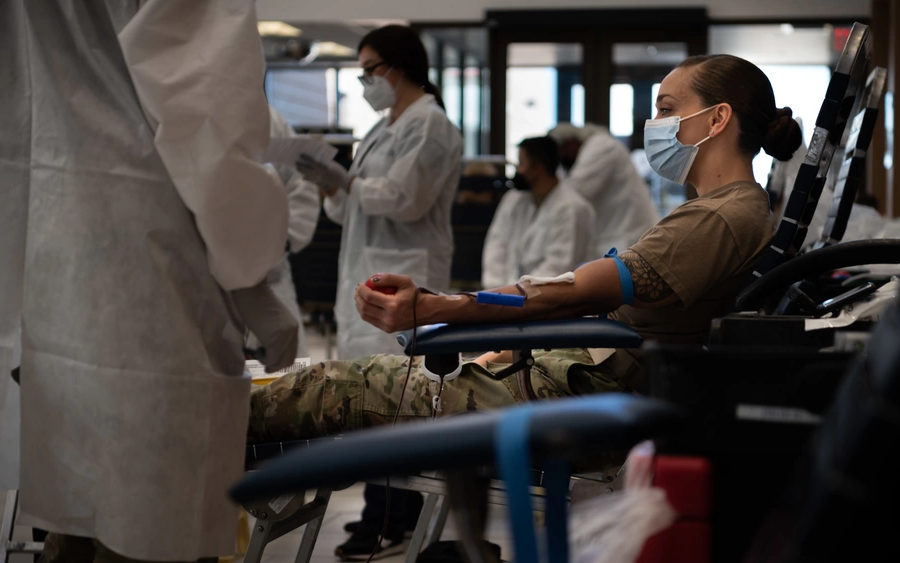An effort at Cannon Air Force Base, N.M., to bring in medical specialists from afar seems to be paying off, with families driving less and requesting fewer travel vouchers to access care. Three other Air Force bases around the country have expressed interest in the program, suggesting that it could serve as a template in remote areas.
Launched in October 2023, the Circuit Rider program is aimed at addressing the lack of access to specialty care to Cannon, a challenge throughout rural New Mexico.
“We don’t have enough doctors anywhere in New Mexico, but especially in rural New Mexico,” one doctor told New Mexico in Depth in 2023.
A medical support summit held at Cannon last year found shortfalls in specialties such as behavioral health, applied behavior analysis, neurology, and endocrinology, with families traveling an average of 147 miles for consultations and treatment.
Circuit Rider sought to mitigate the problem by bringing in military health care providers from out of state. As long as they have an unrestricted active state medical license, those military providers are not bound by the same state licensure restrictions as their civilian colleagues.
Fourteen months later, 160 patients and about 130 families have used the program for help with endocrinology, developmental pediatrics, psychiatric care for children and adolescents, and other specialties, according to a Dec. 11 press release.
Circuit Rider has saved $200,000 in travel voucher expenditures and 1,400 man-hours (about 58 days) that would have otherwise been spent traveling for care. The program is also making it easier for military family members with special needs to move to Cannon. The release said the Exceptional Family Member Program denial rate dropped from 38 percent in 2023 to 10 percent this year.
Col. Danielle Cermak, commander of the 27th Special Operations Medical Group, called the program “a huge win.”
“The program has allowed us to increase accessibility to specialty providers, continue to support the needs of our patients and maximize the readiness required for Cannon’s high-tempo mission,” Cermak said in the press release.
After a successful first year, the program is set to expand with more specialty services in 2025. That could include rheumatology and tele-audiology. Lt. Col. Rene Hinton, chief of medical staff at the 27th SOMDG, said a partnership with the Colorado Military Health System may yield weekly virtual neurology appointments and dermatology consultations, while the Naval Medical Center of San Diego could provide telehealth options for child psychology.
Cannon isn’t alone in facing challenges. Access to medical care is a problem throughout the military due to staff shortages, limited providers at small military treatment facilities, and a lack of providers willing to accept TRICARE, according to a 2023 Defense Department Inspector General report.
Budget cuts mean some contracts for base medical personnel go unrenewed, leaving many locations in the continental U.S. short of providers, the report found.
Other bases are interested in Cannon’s success: a spokesperson for the Defense Health Agency, which coordinates Circuit Rider, told Air & Space Forces Magazine that representatives from three bases have discussed the program with Cannon, though it remains to be seen what will come out of those discussions. DHA declined to identify the exact bases.
Defense Health Agency connects military treatment facilities around the world: it helped Cannon work with Army and Air Force dermatology experts in Colorado and rheumatology providers all the way from the 88th Medical Group at Wright-Patterson Air Force Base, Ohio. Earlier providers came from as far as Alaska.
“We are continuing to strengthen partnerships to provide even more care options,” Hinton said in the release.
